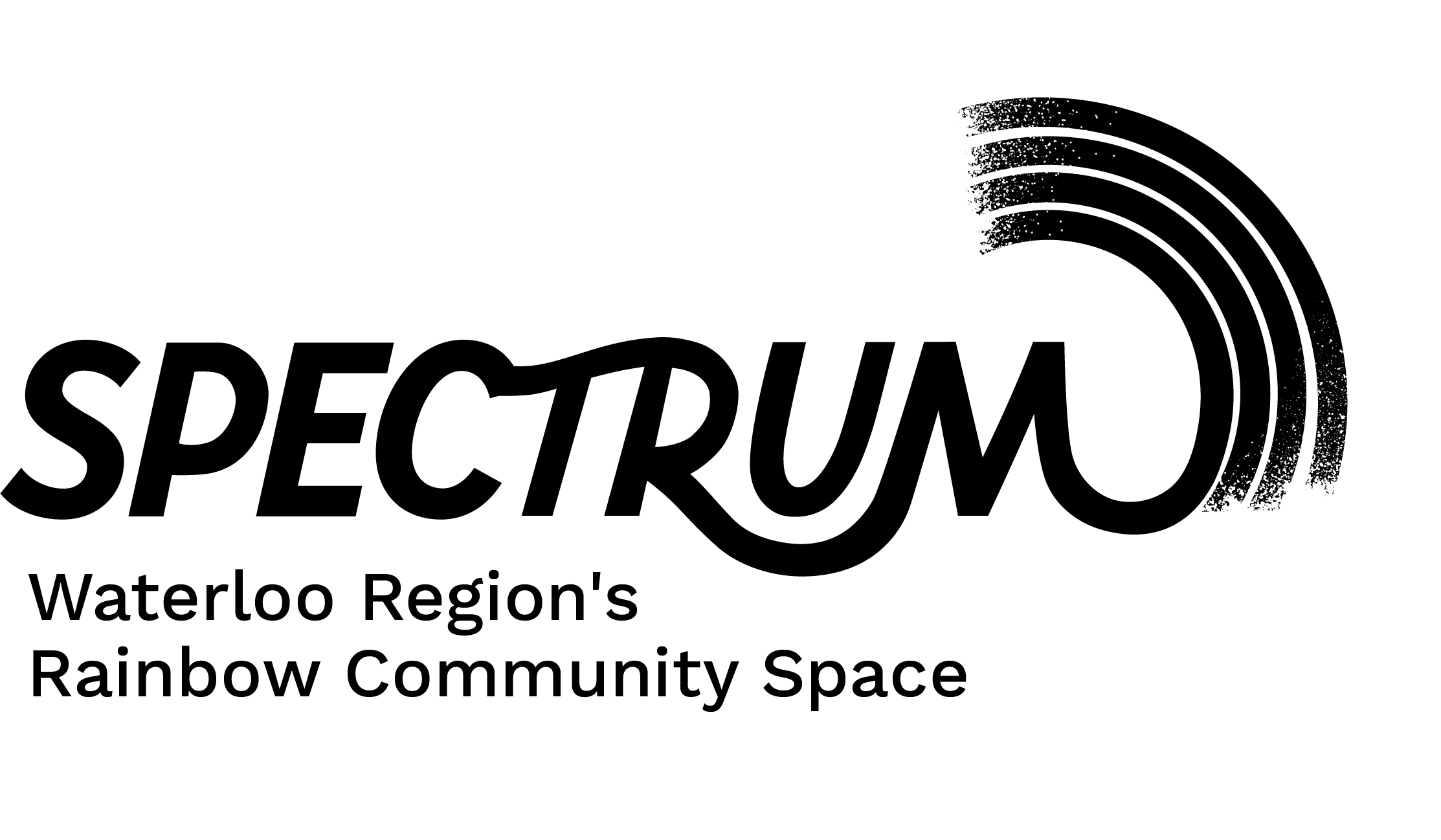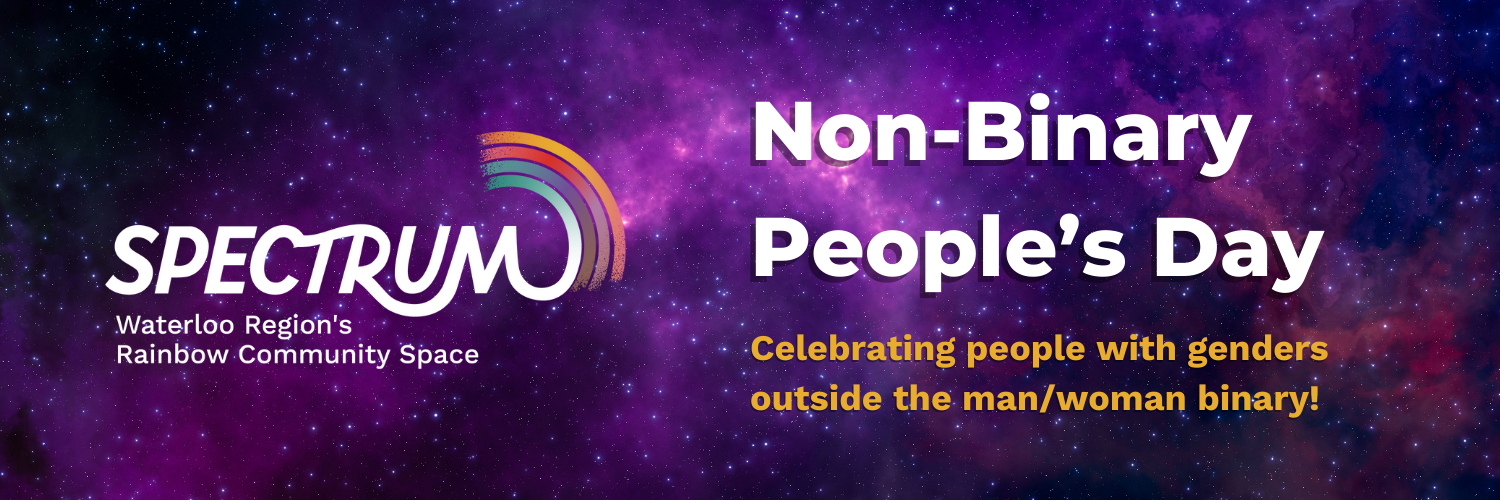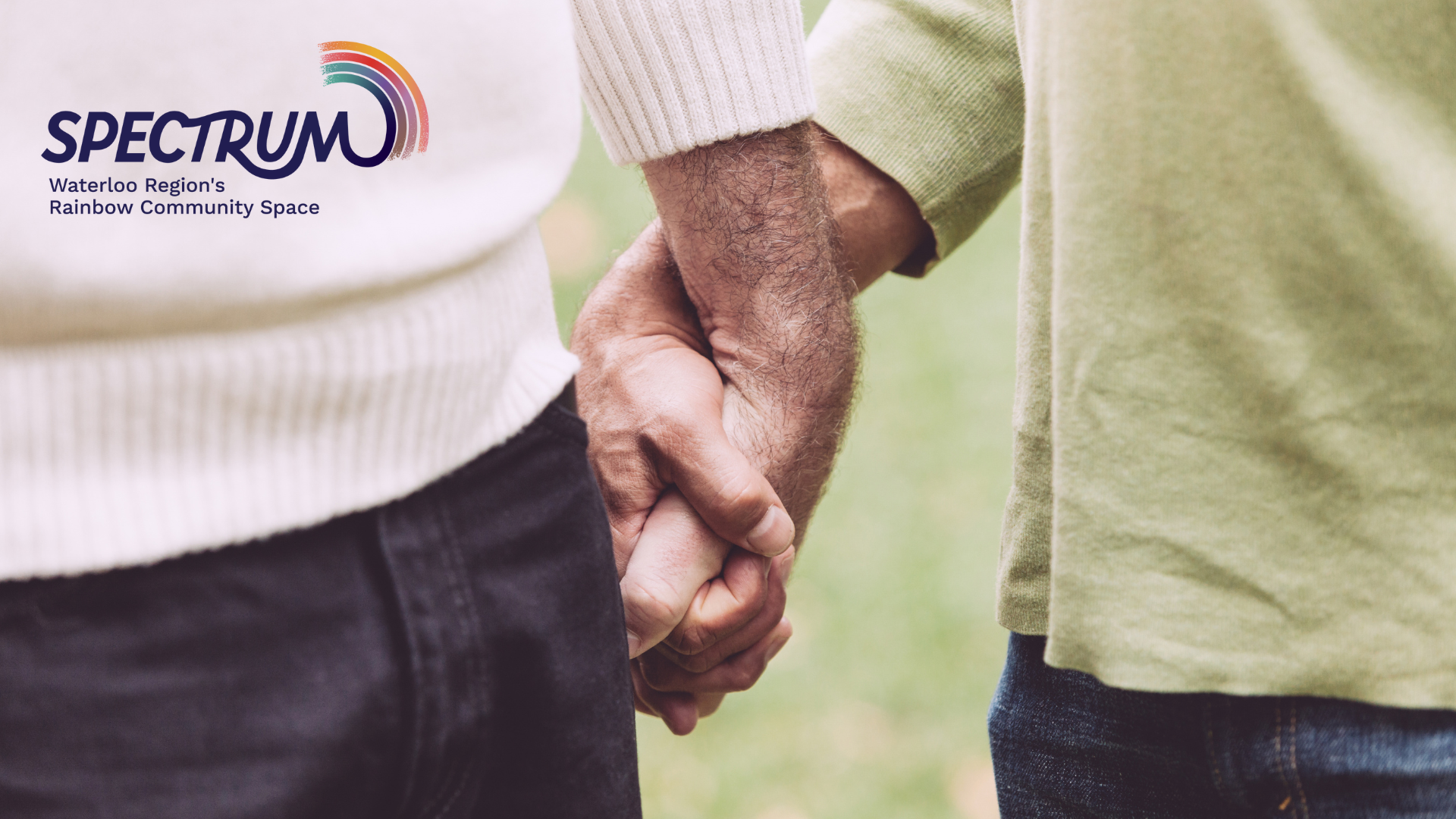This guest post was written by A. Wray.
Pre-pandemic, I worked in a toxic work environment. Every day I left overwhelmed by the weight of the feelings of the people around me and ready to crawl into bed. I don’t recall where or how I learned to be responsible for other people’s feelings, but at some point it became embedded in me just like the idea that girls should be feminine. It’s the way I’ve been conditioned.
Once I rebelliously wore my Blundstones to work (it was rebellious not because Blundstones aren’t professional but because they aren’t feminine). Wearing them to work felt bold until a coworker commented that her husband had the same pair. I became consumed by shame for not being more feminine, like her, my muscles constricting and shoulders creeping towards my ears. When I had worn make-up or dresses my coworkers gushed over how nice I looked, congratulating me for fitting the part prescribed by society. Now, they looked at me, puzzled.
Truthfully, I will never be feminine like my coworker, and I question if I ever really wanted to be. I was following the script I was given. But despite reviewing my lines frequently, I couldn’t get them right. I have been described as ‘fake’ on several occasions, but admittedly I was fake; I was faking being a woman. It was convincing enough to fool even myself. Inside I felt ugly, stuck behind a mask of femininity used for protection from threats, exclusion, and from myself. I had wrapped myself in a cocoon of shame named internalized transphobia.
Working from home offered a break from the performance of gender with less pressure to be nice, calm, and collected. I exhaled deeper. I collected the energy I saved from not having to brace for the next rant debating the existence of trans folks. I re-invested that energy towards connecting with my nervous system, shining a light on the cocoon’s presence. Instead of being immobilized by its heaviness, I was able to shift ever so slightly. I began to release the toxic energy I had absorbed and increased my capacity to fight for my existence.
Over time, the cocoon became less constricting. I shed a particularly stubborn layer while delivering a presentation on how to support trans folks. It was my chance to speak up, not only for others, but for myself. As I shared, I felt a warm tingly sensation spread throughout my body that lingered long after – the feeling of allowing myself to accept that I could be non-binary. An opening in the cocoon emerged and escape from the shame of not fitting into the gender binary seemed possible. I could set myself free.
All along I thought it was my co-workers and the toxic work environment that prevented me from discovering the real me. Instead it was the part of me that was weighed down by internalized transphobia that I needed to escape. Like with most gender discoveries, I changed my hair, my pronouns, but most importantly, how I carried myself. I replaced shame with self-appreciation; toxicity with healing. I swapped out the inauthentic performance of femininity for the real, non-binary me.


